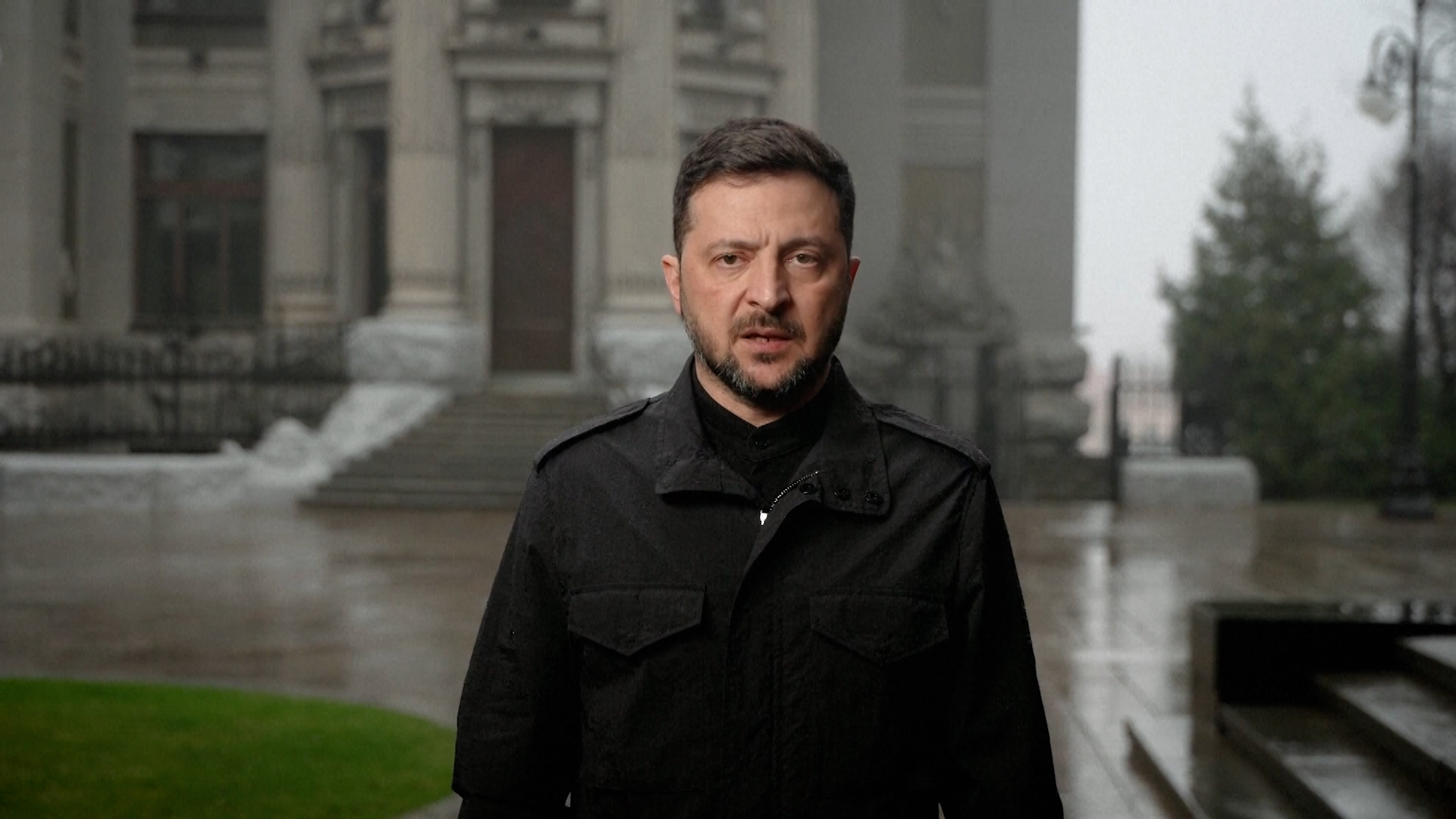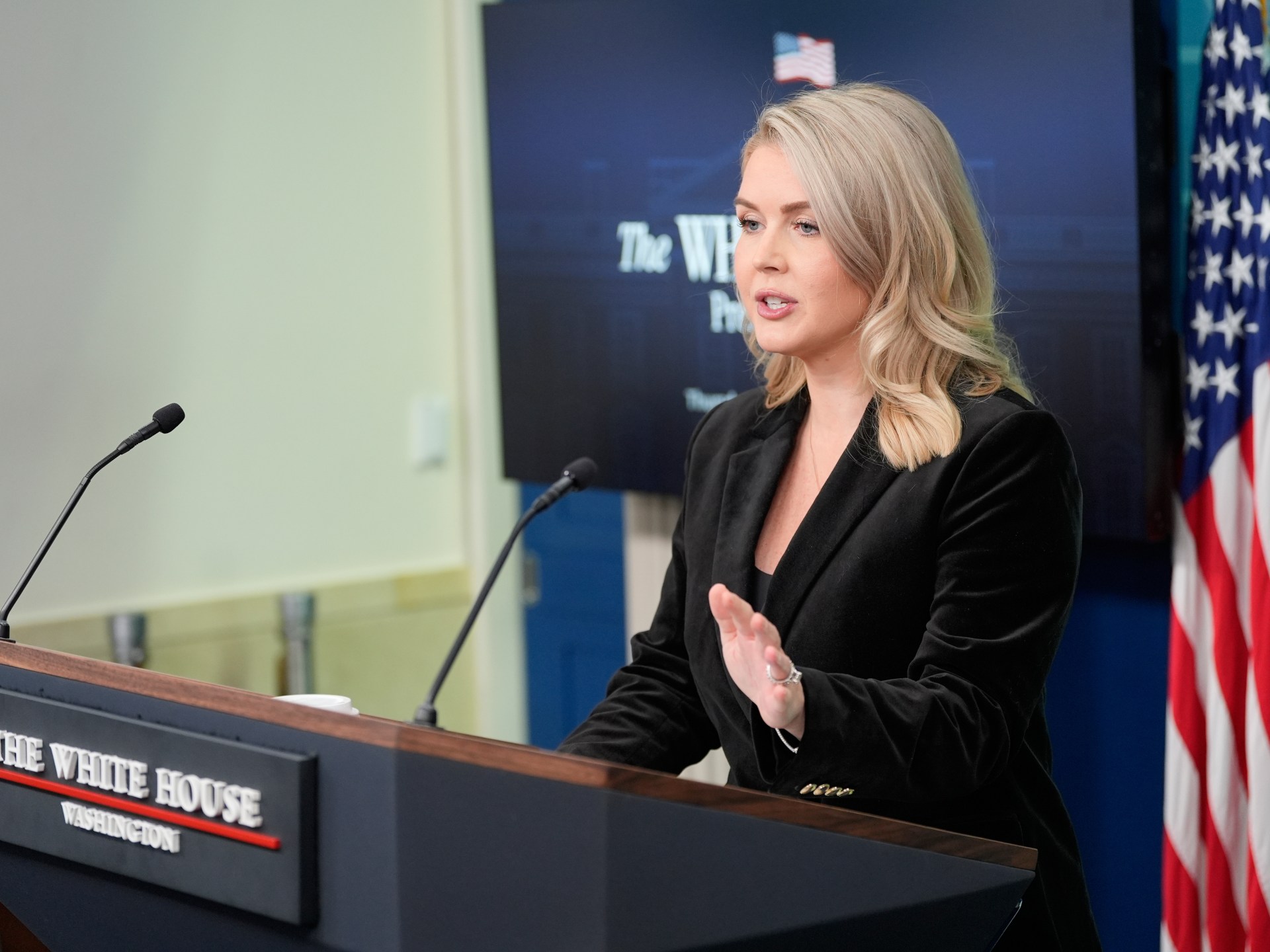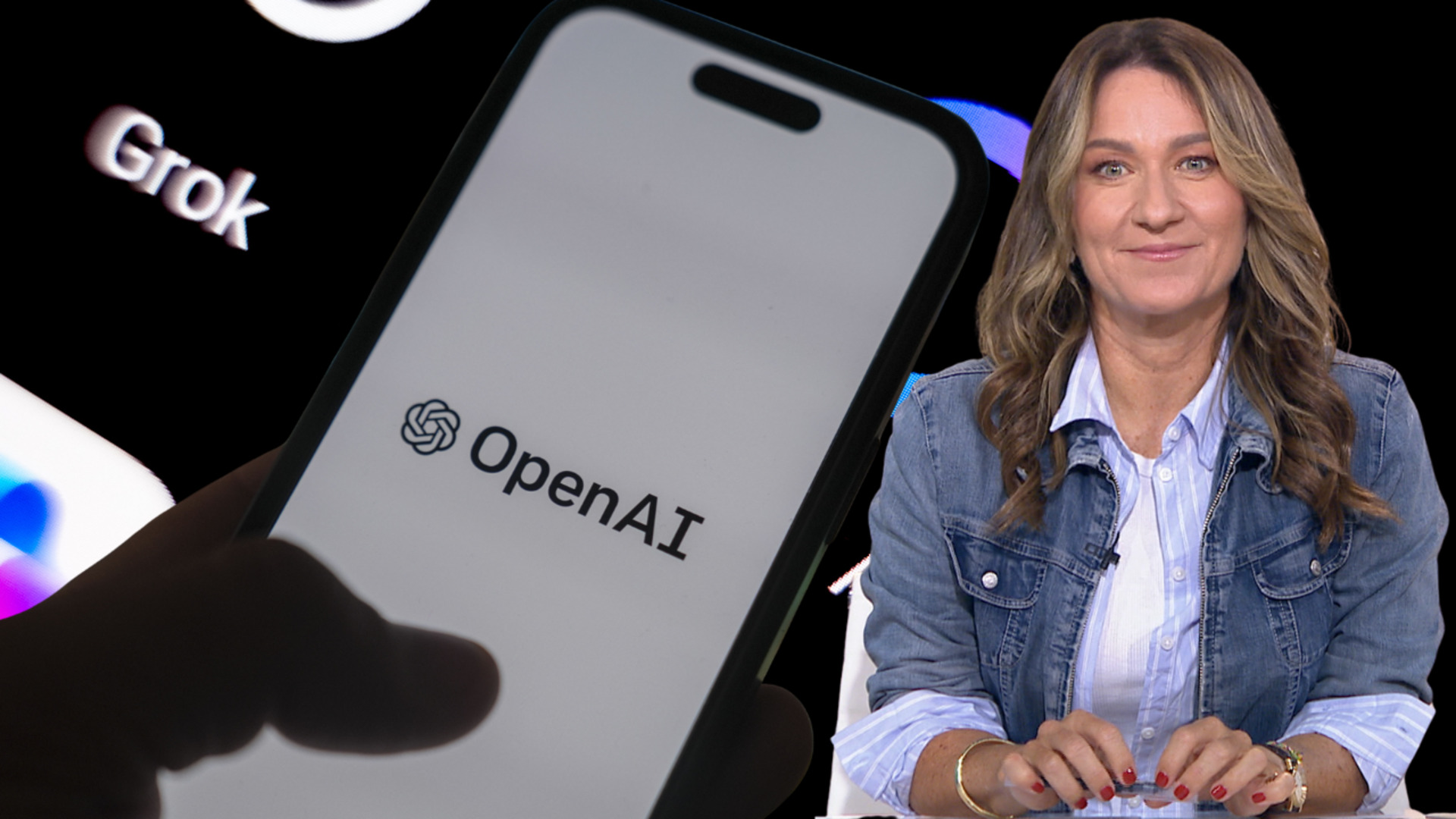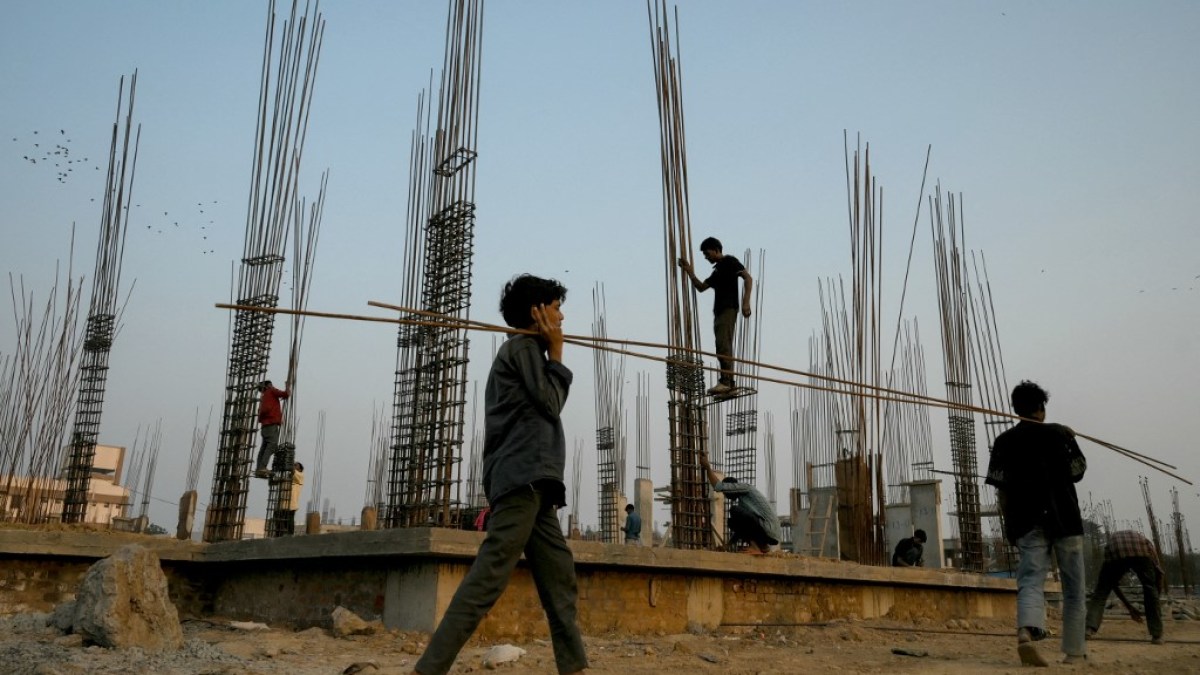Published On 21 Nov 2025
In a statement released on Friday, ICRC President Mirjana Spoljaric said, “We are facing a dangerous convergence of escalating armed conflicts, significant cuts to aid funding, and a systemic tolerance for grave violations of international humanitarian law.”
Recommended Stories
list of 3 itemsend of list
The organization acknowledged that its spending will decrease by $2.2 billion and that a “financial crisis of unprecedented proportions” is roiling the aid industry.
The United States is still the ICRC’s largest donor, a spokesperson said, reflecting funding declines from other traditional backers like the United Kingdom and Germany, but the organization has decreased its contributions this year.
Spoljaric reaffirmed that “the ICRC is still committed to working on the front lines of conflict where few others can operate,” but that “the financial reality is compelled to make difficult decisions to ensure we can continue to provide essential humanitarian assistance to those who need it most.”
As conflict, displacement, and need continue to rise, humanitarian organizations are forced to use their budgets to fund defense and security.
America First
Under President Donald Trump, whose “America First” agenda has changed spending priorities, Washington has recently changed its approach to foreign aid.
The Geneva-based organization underwent one of its most significant restructurings in decades as a result of the combined cuts. The ICRC was established in Geneva in 1863, where the job losses totaled roughly 15% of its 18,500-strong workforce.
To keep its main objective in mind, the organization announced the merger of departments, simplified management, and concentrated on front-line conflict operations. The ICRC vowed to keep operating in Sudan, Ukraine, Israel, Palestinian territory occupied by Israel, the Democratic Republic of the Congo, and in spite of the reduced budget.
Around a third of staffing reductions are due to voluntary departures or unfilled positions.





